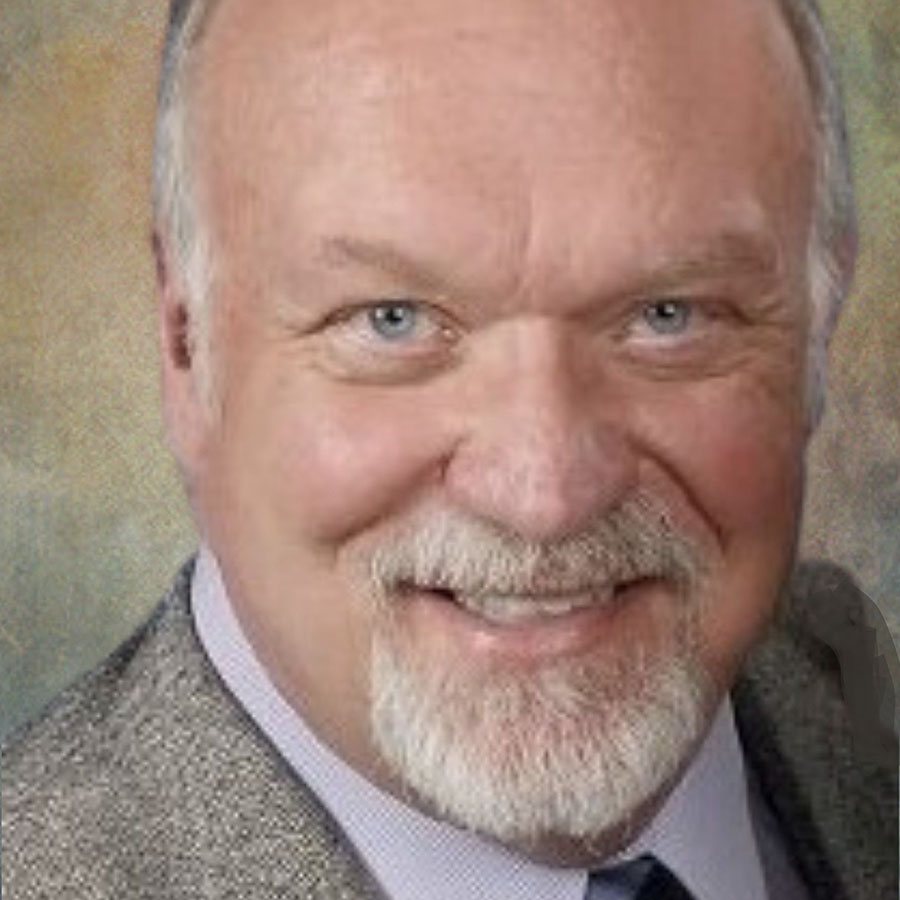
The Question: Contextualization or Compromise?
A few days ago, I taught my Church History class about the difference between contextualization and compromise. Contextualization is the process of communicating an idea in the language of a particular culture so that they can understand it. At this point in the history of the Church, it’s crucial to consider: “Should we contextualize the gospel?” I posed this question to the class.
We live in a culture that speaks a different language than our churches, their members, and their institutions. We (Christians) speak a very peculiar dialect and refer to experiences and traditions that the rest of the world does not understand. This communication gap cannot be easily solved by straightforward translation. This culture, our culture, has no possible way of relating to the experiences of being born again, filled with the Spirit, or passionately in love with a risen-from-the-dead Savior.
The Quandary
The question isn’t a difficult one. Of course, the gospel must be put in terms that our society can comprehend. Jesus contextualized His message. So did Paul. The real quandary is how to contextualize the gospel without compromising it. Jesus put the principle of balancing tithe and taxes into the context of his day. He did not compromise it.
by saying, “Well, I know it’s not popular to support Rome, and you probably feel conflicted about it, so just do whatever you want. If it feels right, that’s all that matters.” When Jesus says that someone who puts their hand on the plow and looks back isn’t worthy of following Him, he communicated the principle in terms His agrarian culture could understand. But again, He did not compromise the truth and indicate that focused commitment was optional. We cannot imagine Jesus watering down the truth, yet we do it quite regularly.
The Quest
The quest for presenting the gospel powerfully yet in a way that connects culturally with society can be one wrought with complexity. Those who are serious about sharing their faith understand the necessity of speaking in their native tongue. This was illustrated at Pentecost. In Acts 17, Paul cites a pagan poet in his famous Mars Hill discourse to connect with his audience, but he does not endorse their philosophy. There is no shortage of examples of the New Testament preachers contextualizing the gospel message. But these examples also illustrate that we are to resist the temptation to compromise the precious truth of the gospel.
The Qualifier: Which is it? Contextualization or Compromise?
So, how can we know where the boundary between contextualization and compromise is? The most straightforward definition for putting the gospel into context is simply the word, “translation.” The goal of translation is to keep the meaning as close to the original language as possible without changing the message. Several years ago, my wife and I traveled to India for ten days of evangelistic crusades in the backcountry. A local pastor named Prasanna Kumar served as our interpreter. I would say a sentence or two, pause, and then he would interpret. However, after I spoke for about 30 seconds, he would interpret for 4-5 minutes! He was preaching his own sermon, regardless of what I said. The point is that his interpretation was not as “pure” as it should have been. It had insertions, additions, and modifications. He was not contextualizing my message but compromising it with his own beliefs.
This is what we must never do with the gospel. We don’t need to alter, modify, or reformulate it according to our interpretation or prejudices. We simply need to interpret it into the language of our culture in its purest form possible.













